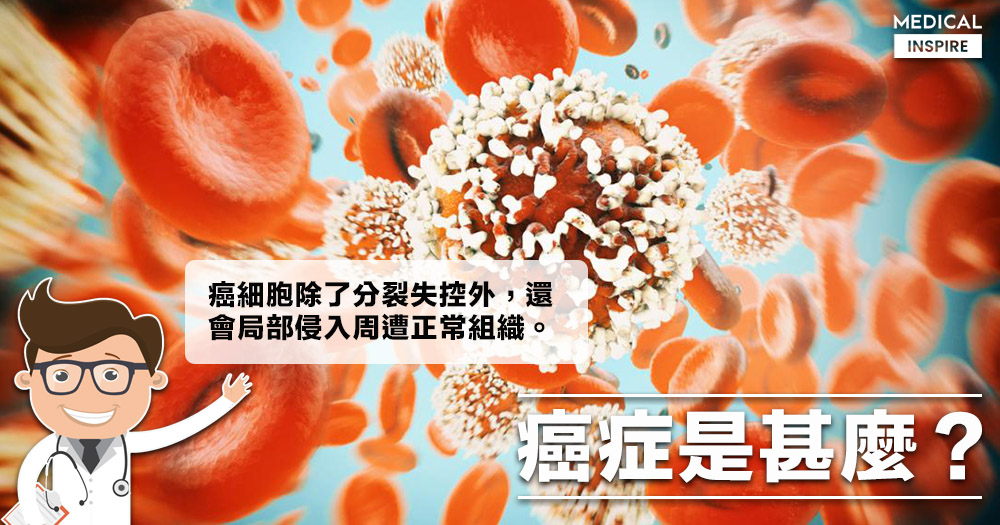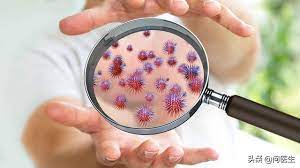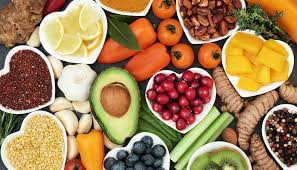
Cancer is a disease caused by abnormal and uncontrolled growth of cells in the body. There are more than 100 types of cancer. The human body is made up of billions of cells, and in a healthy human body these cells are usually slowly renewed in an organized and orderly manner, the overgrowth of cells can lead to the formation of a mass, also known as a tumor, a tumor can be classified as benign or malignant . Benign tumors generally grow slowly in a controlled manner and do not spread to other parts of the body. Problems occur when benign tumors grow too large, compressing nearby tissues and preventing the body from functioning properly. Malignant tumors, also known as cancers, are the term for diseases caused by the abnormal and uncontrolled growth of cells, generally growing rapidly, destroying body tissue and having the ability to spread to other parts of the body. Cancer can also affect blood cells, leading to blood cancers such as leukemia, lymphoma or myeloid tumors. Because abnormal (malignant) cells grow uncontrollably in the bone marrow, it causes a decrease in the amount of normal blood cells. Over time, the body is often unable to cope with these uncontrolled cancer cells, which may spread to other important parts of the body.
Cancer can be treated with surgery, radiation therapy or medication. Cancer drug treatments include chemotherapy, hormonal therapy, targeted therapy and immunotherapy. These treatments can be used alone or in combination with other therapies, such as chemotherapy and targeted therapy, which are often combined. Cancer treatment options will depend on the type of cancer a patient has, whether the cancer has spread, and physical health and individual treatment choices.
Cancer is not an infectious disease

Cancer is not an infectious disease, cancer cells cannot run from a patient to another person and grow into a tumor. But some cancers are indeed linked to viral infections, such as hepatitis B and C with liver cancer, human papillomavirus with cervical cancer, and Epstein-Barr virus with nasopharyngeal cancer. These viruses are indeed contagious, but infection with these viruses does not necessarily lead to the corresponding cancer. In fact, only a very small number of people infected with these viruses will develop cancer after a long period of time with the addition of other factors. Taking hepatitis B virus as an example, most of the people infected with hepatitis B virus are healthy carriers, only a part will develop so-called acute hepatitis, and a small part of them will become chronic hepatitis, After a few years, only a part of the people will turn into liver cirrhosis, and only a part of them will become liver cancer after a few years. So it’s not a straight line of cause and effect, at best it’s just a small part of many, so in scientific terms we can say that hepatitis B is contagious, but we can’t say that hepatitis B is caused by liver cancer is contagious.
Cancer Diet

For cancer patients, eating Yunzhi supplements is the safest and most reliable. Peptides/NMN/resveratrol/hydrogen pills/Q10/Angelica drink… etc. are said to be effective, but they may also stimulate cancer growth; Some may be effective to cure Cancer, but some have bad reactions. Don’t believe in advertising sales or so-called “improvement reactions”, but blindly buy food and measure it carefully. The dietary recommendations of Western medicine are mainly nutritionally balanced. When necessary, nutritionists will recommend taking nutritional supplements, including protein, vitamins, minerals and foods that can provide calories. Western medicine does not have the so-called intermediary of Chinese medicine; The principle focuses on balancing yin and yang, reconciling the five internal organs, nourishing qi and blood and increasing immunity.
Traditional Chinese medicine theory believes that “medicine and food are of the same origin” or “medicine and food are of the same origin”. Many Chinese herbal medicines can be used as medicines for the treatment of diseases and are also good food. Many vegetables and fruits in our daily life are often It has the properties of food and medicine at the same time. There is also a concept of traditional Chinese medicine in traditional Chinese medicine: all animals, plants, minerals, etc. also belong to the category of traditional Chinese medicine, and traditional Chinese medicine is a very large concept of medicine. All traditional Chinese medicines can be eaten, but there is only a difference in the dosage, that is to say: the consumption of large toxic effects is small, and the consumption of small toxic effects is large. Therefore, strictly speaking, in traditional Chinese medicine, there is no distinction between medicine and food, and they are relative: medicine is also food, and food is also medicine; This is another meaning of “the same origin of medicine and food”.
The “four qi” (warm, hot, cold and cool) and “five flavors” (sour, bitter, sweet, spicy, and salty) theories of traditional Chinese medicine are applied to food, and each food also has “four qi” and “five flavors”. Like medicine, food needs to be matched with the patient’s constitution and syndrome. If the patient presents with fever, such as dry mouth, red tongue, yellow coating, constipation, fever, etc., it is not advisable to eat spicy food such as pepper, spicy food, and hot food such as Lamb, beef, etc., are suitable for eating foods that have a heat-clearing effect, such as snow fungus, Sydney, carrots, winter melon, watermelon, etc. If the symptoms of cold include nausea, pale mouth, pale tongue, diarrhea, etc., it is not advisable to eat cold and cold foods, such as mustard greens, bitter gourd, mung bean, honeydew melon, bitter gourd, etc., so as to avoid damage to the spleen and stomach, causing vomiting, diarrhea, Abdominal pain… and other discomfort; it is advisable to eat some chicken, longan, peaches… and other foods. If the yin deficiency constitution is not suitable for frying, spicy, hot and irritating food, such as garlic, pepper, etc., it will cause blood to cause the disease or wait for aggravation.
Nourishing the body is “tonifying”, and excreting wastes in the body is “diarrhea”. These “tonifying” or “diarrheal” medicines are all derived from food, mostly grains, fruits, beans, vegetables, animal foods and mineral foods. Among them, such as red bean, black bean, mung bean, wax gourd, cucumber, kelp, carp, onion, ginger, barley, etc., all have the effects of diuresis, swelling, sweating, detoxification and so on. All the vegetables, grains, fruits, etc. that we eat every day, are both food and medicine. People (sick patients) should choose appropriate food according to their symptoms and constitution.

